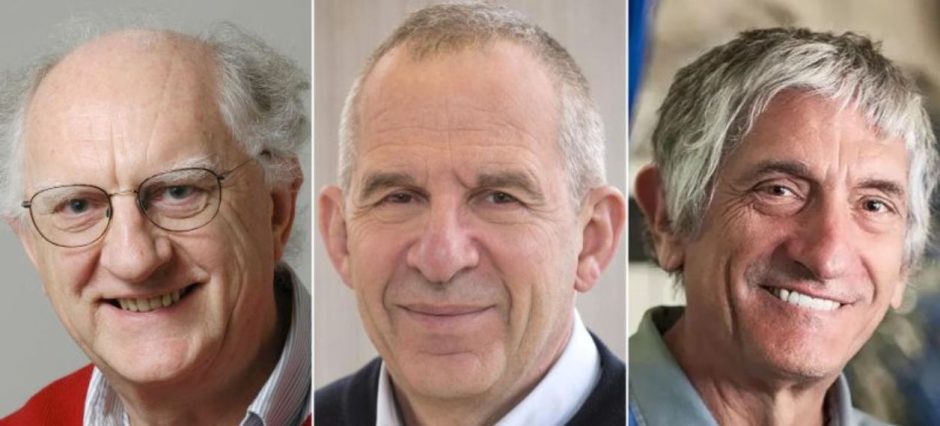The 2025 Nobel Prize in Physics has been awarded to three distinguished scientists John Clarke, Michel Devoret, and John Martinis. The award recognizes their groundbreaking discovery of macroscopic quantum mechanical tunneling and energy quantization in an electric circuit.
The Royal Swedish Academy of Sciences, which presents the prize each year, announced the winners on Tuesday. In its official statement, the Academy highlighted that this year’s Nobel-winning discovery has opened doors for the development of next-generation quantum technologies. These include quantum computers, quantum sensors, and even secure systems of quantum cryptography.
The Nobel committee described their contribution as revolutionary, noting how their work has laid the foundation for practical applications that were once only theoretical. Their research has not only advanced the field of physics but also strengthened the bridge between fundamental science and technology with real-world impact.
All three laureates are based in the United States, where they have been leading efforts to transform quantum theory into usable technology. Their recognition highlights the growing global race in the field of quantum research, as governments and private companies invest heavily in harnessing quantum mechanics for innovation.
The Nobel Prize in Physics is one of the most prestigious honors in science, awarded annually by the Royal Swedish Academy of Sciences. This year’s award carries a prize sum of 11 million Swedish crowns, approximately $1.2 million. The amount will be shared equally among the winners, as is the tradition when multiple recipients are recognized for a joint discovery.
This announcement arrives at a time when global conversations often connect science, leadership, and responsibility. For instance, Meghan Markle’s decision to reject King Charles’ royal deal also reflected a bold stand in a completely different sphere. Just as in politics and society, breakthroughs in science reshape long-held assumptions and set new directions for the future.
As the laureates celebrate their victory, the world watches with anticipation for the innovations that may soon emerge from their pioneering work. The Nobel Prize in Physics 2025 serves not just as recognition of past achievements, but as a promise of what lies ahead in the quantum age.











